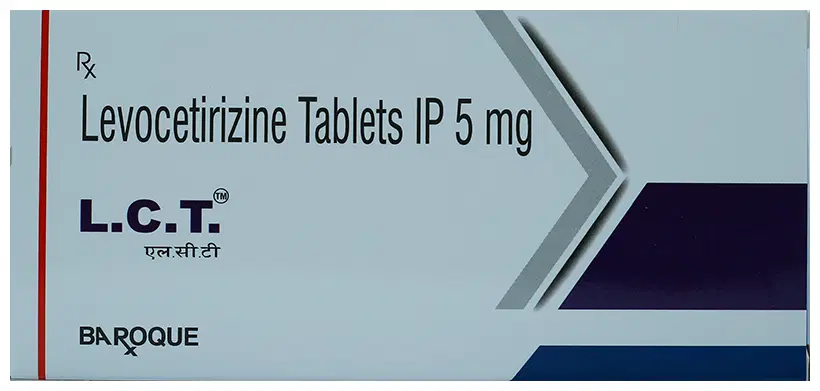Golimumab
Golimumab is a biologic medication belonging to the class of tumor necrosis factor (TNF) inhibitors. It is a human monoclonal antibody that specifically targets and neutralizes TNF-alpha, a key pro-inflammatory cytokine involved in the immune response.
Golimumab is primarily used for the treatment of moderate to severe inflammatory conditions, such as rheumatoid arthritis, psoriatic arthritis, ankylosing spondylitis, and axial spondyloarthritis. In these conditions, the immune system attacks the body’s own tissues, causing inflammation, pain, and joint damage. By blocking the activity of TNF-alpha, Golimumab helps to reduce inflammation and alleviate symptoms, thereby improving the quality of life for patients suffering from these chronic conditions.
In addition to its use in inflammatory arthritis, Golimumab has also been approved for the treatment of a specific type of inflammatory bowel disease called Crohn’s disease. In this condition, the immune system attacks the lining of the gastrointestinal tract, causing symptoms such as abdominal pain, diarrhea, and malnutrition. By reducing inflammation in the gastrointestinal tract, Golimumab can help to alleviate these symptoms and improve the overall health of patients with Crohn’s disease.
Golimumab is administered through subcutaneous injections or intravenous infusions, typically at regular intervals as prescribed by a healthcare professional. It is important for patients to follow the prescribed dosing schedule and to inform their healthcare provider of any side effects or concerns. Golimumab, like all medications, carries potential risks and side effects, and it is crucial for patients to discuss these with their healthcare provider to make an informed decision about treatment.

Showing the single result
Showing the single result

